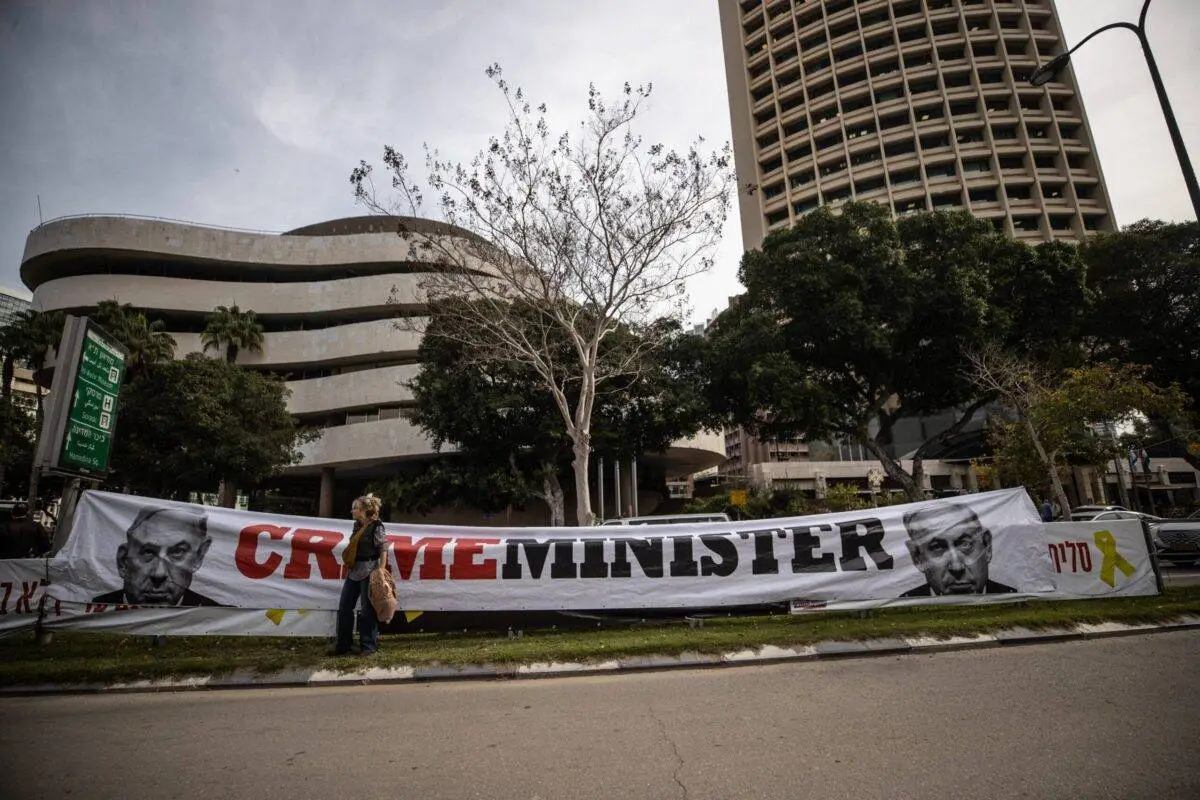As tensions mounted within Israel’s judiciary, the recent actions taken by Prime Minister Benjamin Netanyahu have ignited a wave of controversy, prompting a significant outcry from both legal experts and the public. Netanyahu’s decision to dismiss the head of Israel’s spy agency, known as the Mossad, has resulted in chaotic scenes within the judicial system, as both supporters and opponents of the move engage in heated debates about its legality and implications.
Legal experts have warned that such a dismissal could undermine the integrity of Israel’s intelligence apparatus and disrupt national security. Critics argue that Netanyahu’s maneuver appears to be politically motivated, aimed at consolidating power amid ongoing investigations into his corruption allegations.
“This is not merely an administrative decision but a profound shift in the balance of power,” stated a prominent legal scholar, emphasizing the potential repercussions for democratic processes in Israel. The dismissal was motivated in part by the intelligence chief’s objections to Netanyahu’s broader political agenda, which has sparked fears that the government is prioritizing political loyalty over professional competence.
Amidst the uproar, public sentiment has been sharply divided. Supporters of Netanyahu view the dismissal as a necessary step to guarantee that the leadership of critical security agencies aligns with the current government’s vision. In contrast, opponents argue that the move signals a dangerous precedent, eroding the independence of vital state institutions.
“This kind of interference is alarming and can lead to a slippery slope where intelligence decisions are made based on political convenience,” warned a former intelligence officer, highlighting the risks involved in politicizing security matters.
The ensuing chaos has not been limited to public discourse; it has also seeped into the courts. Legal challenges have emerged, with various stakeholders seeking to contest the legality of the dismissal. As these cases unfold, the judiciary faces immense pressure to navigate the complex interplay between political authority and legal accountability.
The stakes are high, as the outcome may set a significant precedent for future governmental actions and judicial independence in Israel. In the backdrop of these developments, international observers are closely monitoring the situation, concerned about the implications for regional stability and security.
As Israel grapples with internal divisions and the fallout from Netanyahu’s controversial decision, the judiciary stands at a pivotal crossroads, tasked with safeguarding democratic principles while managing unprecedented political turmoil.














